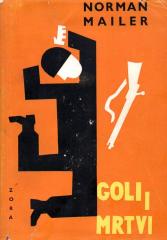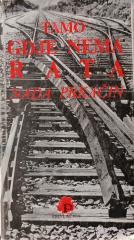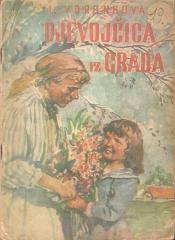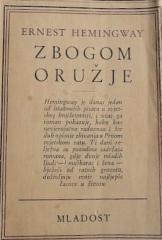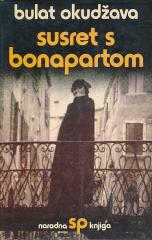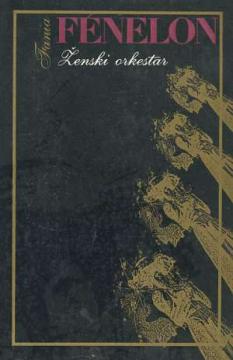
Ženski orkestar
Fanie Fénelon's novel The Women's Orchestra is a memoir that describes her experience of surviving in a women's orchestra at the Auschwitz-Birkenau concentration camp during World War II.
Fania, born Fanny Goldstein, a Parisian cabaret singer and member of the Resistance, was arrested in 1943 as a Jew and deported to Auschwitz and later to Bergen-Belsen. In the Birkenau camp, under the number 74862, she joined a women's orchestra led by Alma Rosé, Gustav Mahler's niece.
The orchestra, made up of women of various nationalities, played for the SS and prisoners, often under duress, in order to survive. Fania, a pianist and singer, describes the horrors of the camp - death, humiliation, hunger - but also the dark humor, love, hatred and solidarity among the members of the orchestra. The novel explores moral compromises, tensions between prisoners, including the anti-Semitism of some Polish women, and complex relationships with Nazis, such as Dr. Mengele. Music becomes a means of survival, but also a source of spiritual resistance.
Fénelon writes without pathos, with humor and sincerity, recording trauma and strength of spirit. Although some members of the orchestra, such as Anita Lasker-Wallfisch, challenged her portrayal of Alma Rosé and the dynamics in the orchestra, the work remains a powerful document on the Holocaust, translated into multiple languages and adapted into the film Playing for Time (1980).
One copy is available
